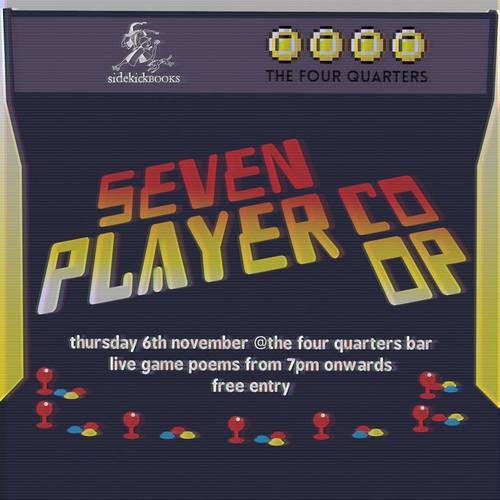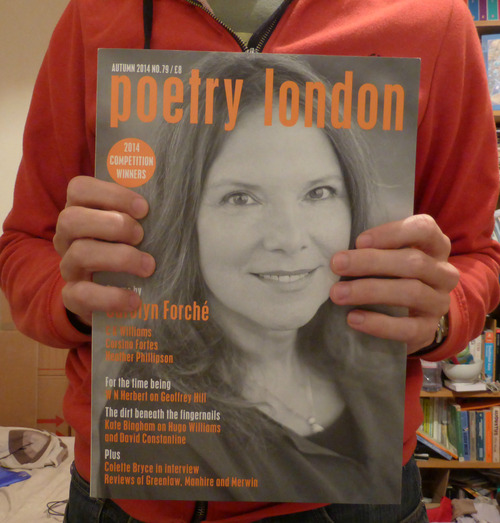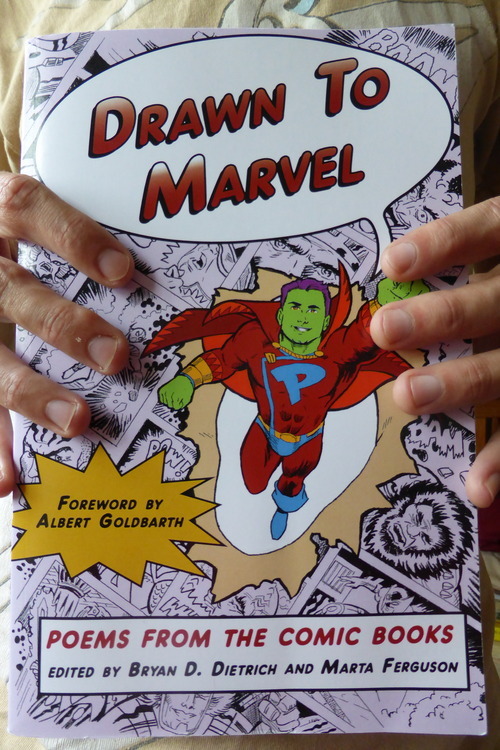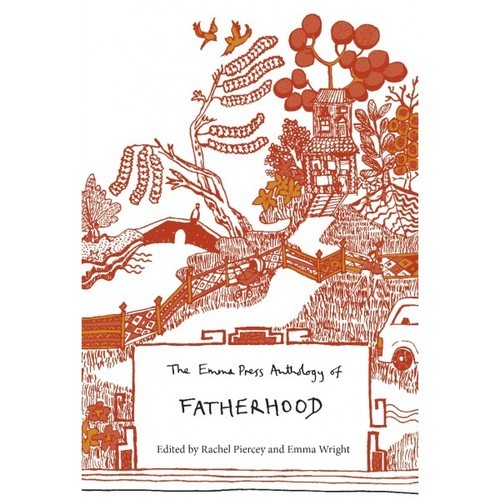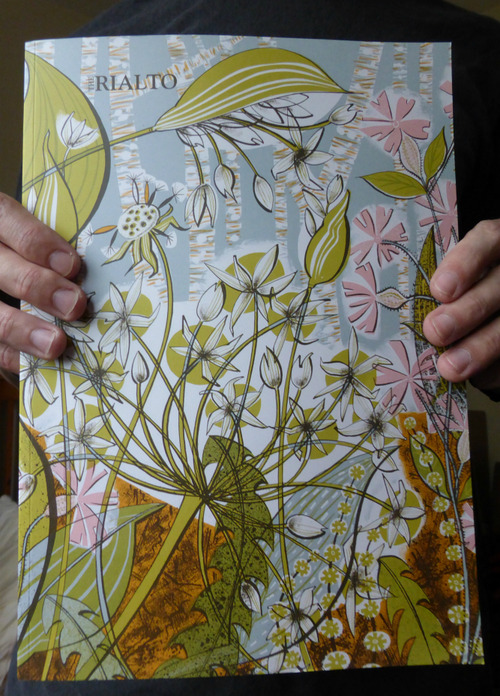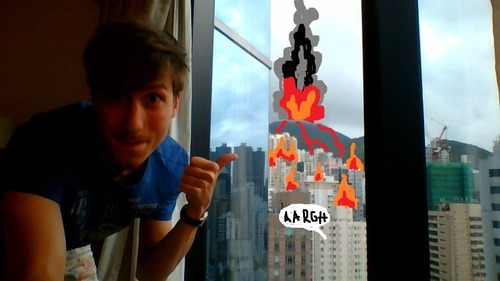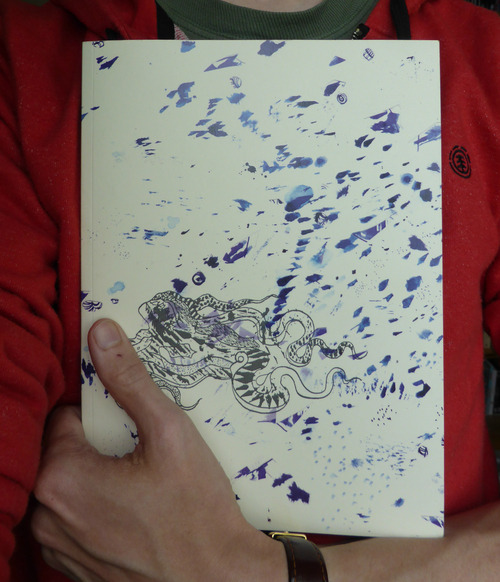‘Seasonal Cartoon’ is a draft poem I wrote, I think, about two years ago, originally with linebreaks. These were removed in order to make it a narrow, column-like paragraph, a shape it now seems to have lost through being copied between various documents. The title has also been revised a few times. Here’s the version that’s sat untouched in a Googledoc for months:
Scrooge is at the strip club, clutching the brim of his top hat, each bent finger the leg of an albino crab. He is half-buried in his scarf and winter coat, both of which are blotched here and there with candle wax, snow and ink. The stage is a bleak, flat nest, feathered with lightly crumpled notes and, where Scrooge sits, a single dull farthing. Most of the other patrons are bankers with girlfriends. The song is ‘Money For Nothing’. The dancer’s name is Tuti. She was born in Singapore. She has just whipped off her bikini top and to Scrooge’s horror, in place of her knockers are two matching apparitions of Jacob Marley’s face.
Now, obviously the whole poem turns on one very creaky, obnoxiously signposted pun. In my defence, this was intentional; the piece is intended for a sequence of poems pretending to be something other than poems, in this case a tacky cartoon on the front of a Christmas card. Hence also the ho-hum title. I don’t want these imitations to be remotely tricky to guess, and in the context of the sequence, the pun could be forgiven.
However, nothing really excuses:
(a) The Dire Straits reference. The thematic link is obvious, but it’s not doing anything else.
(b) The weak attempt to humanise the stripper. I suppose I must have been conscious of how the strip club is often deployed as the setting, with the strippers as furniture. But Tuti? From Singapore? It’s nothing more than a facile gesture.
© The time it takes for a poem with a very simple, blunt punchline to blunder apologetically through lots of so-so description. If we’re really seeking to imitate a Christmas card here, the effect of the joke should be as close to immediate as possible. Obviously I wanted to get another, smaller gag in there – the idea of the dedicated miser tossing the stripper a mere farthing. I also like the description of his fingers, which is at least wintry. But ideally, this poem should aim to be as short and spare and bleak as possible.
It also needs a new title. The rules of the sequence forbid me from straying beyond the bounds of a precise description of the thing being imitated, but hopefully I can do better.
Here’s what I’ve come up for the revised version:
Season’s Greetings
Scrooge in the strip club,
his pale, crab-leg fingers
clutching his top hat brim.
On the stage before him,
a single dull farthing
and the stripper, stripping,
with Marley’s face gurning
from both bouncing tits.
I expected this to take me a stupidly long time, but I managed it in about 10 minutes. Must be because it’s 4.15 am in the morning and there’s a thunderstorm outside. Anyway, the revised version is much improved. The title now, as well as being a little snappier, performs the double function of making plain the imitation while also commenting ironically on the situation described. The poem itself retains the narrow, card-like shape I aimed for by turning it into a prose-poem, but uses functional line breaks that facilitate easy reading.
Why did we ever need all that stuff about hats and scarves and bankers? Everyone knows what Scrooge is supposed to look like. Everyone knows what kind of people are supposed to go to strip clubs. Ditching the reference to ‘Scrooge’s horror’ was an easy choice as well. The image of his white knuckles ‘clutching’ intimates that he’s spooked. ‘Two matching apparitions’ – also redundant. We know what Marley is, and we can know that breasts come in pairs.
Removing the word ‘knockers’ also leaves readers just a very small amount of work to do, and that might be the single most decisive change here, the thing that changes this piece from a prosaic description with a joke at the end to what is, to my mind, a decent, dark poem. Why ‘tits’? Because ‘breasts’ seems coy and over-mannered.
And no characterisation for the stripper? No, sorry. The central conceit of the poem hangs itself on the squalor of rich men ogling nameless girls and there’s no sense in trying to take the edge off it. This would not do at all as an excuse for routine shallow depictions of women, but I think it’s permissible in the case of one as brief as this.

